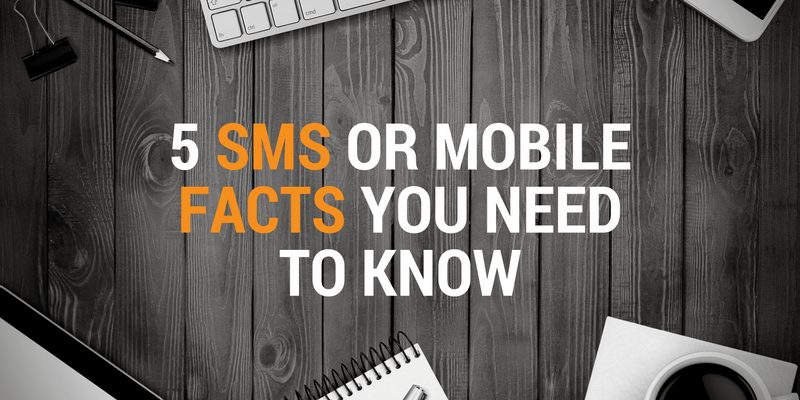What was the First Smartphone?

If you ask the average person on the street which was the first smartphone, you’re likely to get “iPhone” as the answer. And by many measures they might be right. The iPhone really was the first smartphone marketed primarily to the consumer. And it revolutionised the mobile market when it was released in 2007.
But smartphones have been around for over 20 years. Surprised? I was too at first. But before I get too far, let’s take a look at what defines a smartphone. Generally we define smartphones as having both a keyboard, calendar, and email at a minimum. Mostly they also incorporate a camera, a means of playing music and can run many of the applications that used to reside solely on laptops and PCs.
I remember sitting in meetings in the early 2000’s where the senior management would be silently texting away and checking email on their Blackberrys or mobile phones. The company I worked for at the time issued the devices to employees they thought needed them – usually project leaders that travelled frequently. And in the early days of the smartphone that was generally the case. Businesses adopted the smartphone long before the general consumer market.
So getting back to the question…what was the first smartphone? Who made it? And when?
Way back in 1992, IBM debuted the Simon. Amazingly it had a touchscreen, but required a stylus to use. You could check email, take notes, and use the calendar. As a bonus you could even send and receive fax messages. Yes, it had a fax capability. That’s something we don’t even consider for smartphones today (unless you’re using an online fax service via email). Though the Simon fits the definition of a smartphone, the device never caught on. So was it the first? That’s debatable as although it did exist it never really entered service. Maybe we should think of it more as a prototype.
It wasn’t until 1997 when Ericsson promoted their GS88 as a “smart phone” that the term “smartphone” took off. Purists will argue Nokia actually released the first modern smartphone a year earlier. According to TheNextWeb.com,the Nokia 9000 Communicator is “what many consider to be the quintessential smartphone”. But thanks to Ericsson’s marketing, smartphone is now the catchall term for phones with added capability.
And based on sales in 2013, Gartner reports that smartphone sales accounted for 53.6% of global mobile phone sales. It was the first year consumers bought more smartphones than basic phones. And surely that trend has accelerated in the meantime.
Android based phones accounted for about 78% of the sales worldwide, trouncing Apple’s iOS at just 15.6%.
I doubt there are too many people faxing from their phones these days. But smartphones do just about everything else. And that range will only increase as voice commands become ever more powerful, eliminating keypad use. Besides calling or texting, what’s your favorite smartphone activity? What new features do you think will emerge? Share your thoughts in a comment.
Related Articles
3 Tips to Help You Time Your SMS Marketing Campaign
Timing is everything. While it’s an axiom everyone can understand and agree on, it’s doubly true when it comes to SMS marketing. If you send your messages at the wrong time, you’ll see your opt out rates jump and your ROI plummet. So when should you send your text marketing messages? Here are three key guidelines to help you schedule your next campaign.
A2P SMS Messaging Market is Complex, But Growing
I came across an interesting article regarding the A2P market. It’s entitled “Growing Employment Rate to Benefit BFSI A2P SMS Market in Switzerland.” The contents summarise a new report from Transparency Market Research about the A2P market in Switzerland, specifically how it relates to BFSI or Banking, Financial Services, and Insurance (BFSI). You might be thinking that sounds boring rather than interesting, but what drew my attention was the relationship of employment to A2P SMS messaging.
SMS Messaging, Recruitment, and Millennials
Everyone wants a steady job with great pay and benefits right? Not so much for millennials. At least according to some research done in the last few years. It’s not that they want bad pay and poor benefits, just that those things aren’t necessarily the most important. But knowing what is important to them, just might make your SMS recruitment messages more successful.
24 Key Research Statistics that Prove You Should be Using SMS Marketing
If you find yourself needing to justify putting budget towards SMS marketing or convincing your manager that it's the right decision for you, here are some key research statistics to keep in mind for why you should pursue an SMS campaign...
Marketing Review for 2015 Holiday Season
Comparing SMS and email marketing results for the 2015 holiday season, this article taps into reports from Expedia and Adobe to share important insights.
Why a Text Message is Often Better Than an Email or Voice Call
A text message is a very small and condensed piece of communication in contrast to voice messaging or video broadcast. Consequently text messages can get through when network capability is degraded to an extent that makes other options unviable.
UK digital advertising spending tops 7.4 billion euros
5 SMS or Mobile Facts You Need to Know
So many of us are used to having our mobiles around nearly 24 hours a day that it’s easy to forget it’s still a growing industry. And though SMS has been around for over two decades, the ways we use it and people’s willingness to use it continues to grow. So for this blog I picked out five facts about mobile and SMS that really make the case that SMS for business has come of age. Let’s see if you agree.
SMS Messaging is Much Better Than Shouting!
Just in the last 60-70 years, communications have gone from requiring a person to route the calls to not needing anyone other than the two people at either end. It all got me wondering about the history of communications and how much different it is from even just a 100 years ago, or a thousand. The result of my wondering is this infographic that covers most of recorded history (at some level of detail anyway).
Proof SMS Messaging Gets Results: Conversions
Consistent double-digit conversion rates are a hallmark of SMS marketing. Is it all because of mobile coupon redemptions, or can it be used for other marketing objectives? We’ve got examples from different industries and objectives so you can decide for yourself in this latest Results Series blog.












